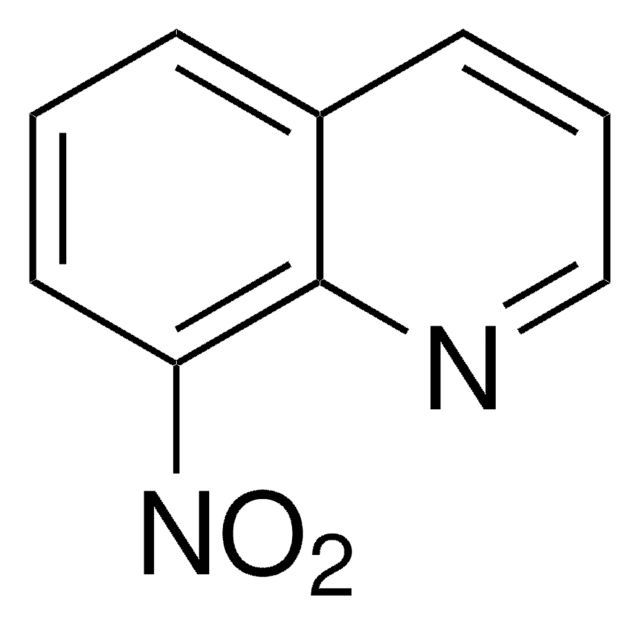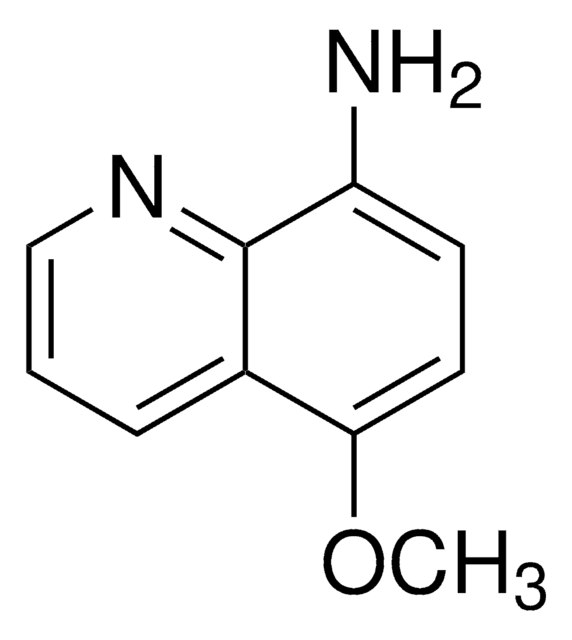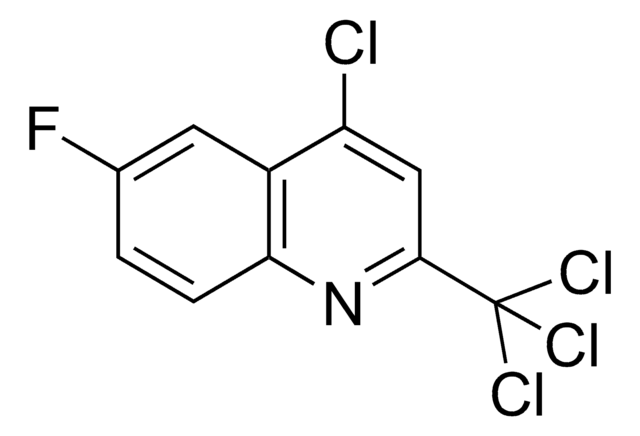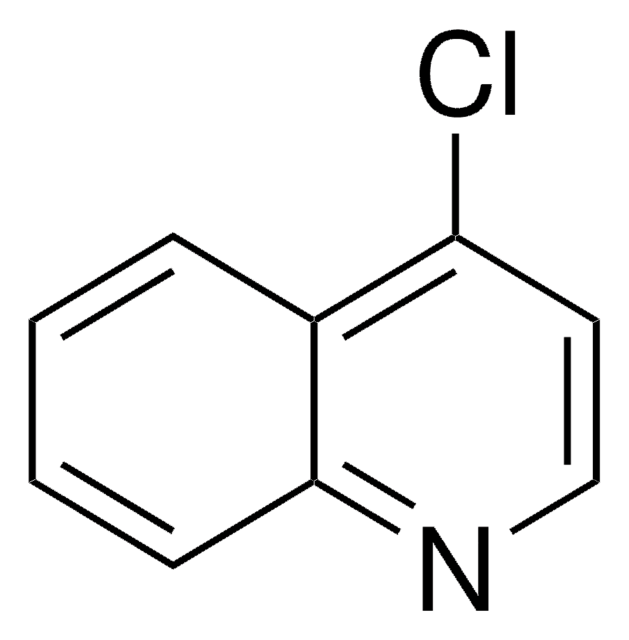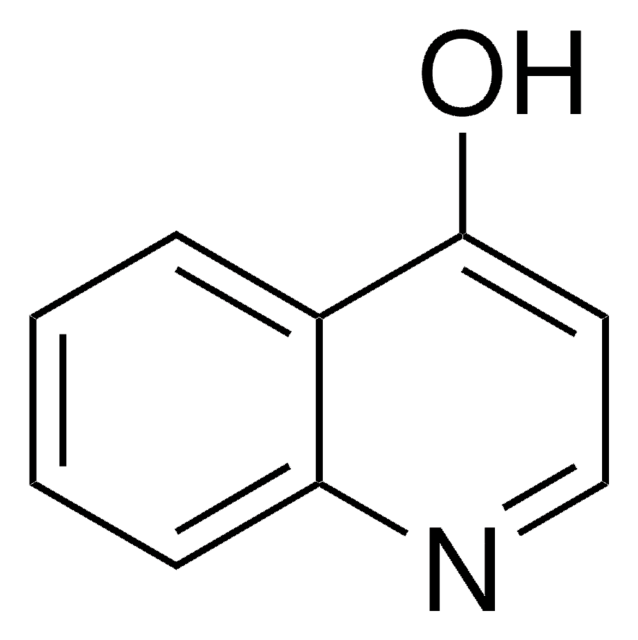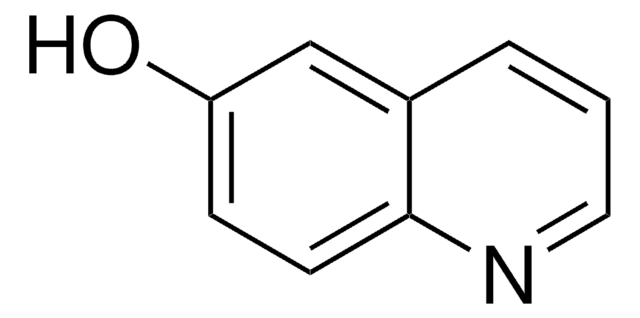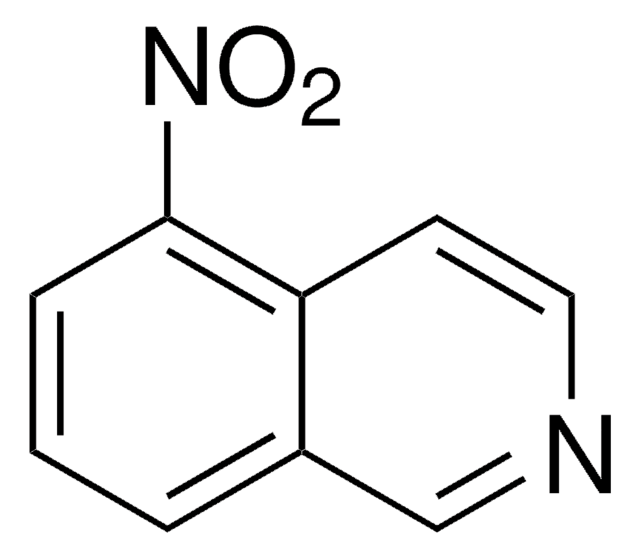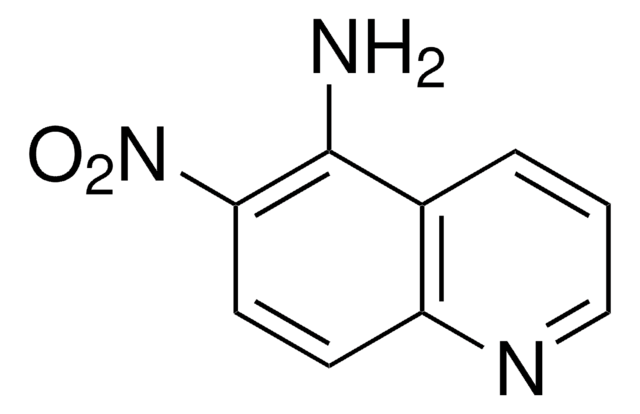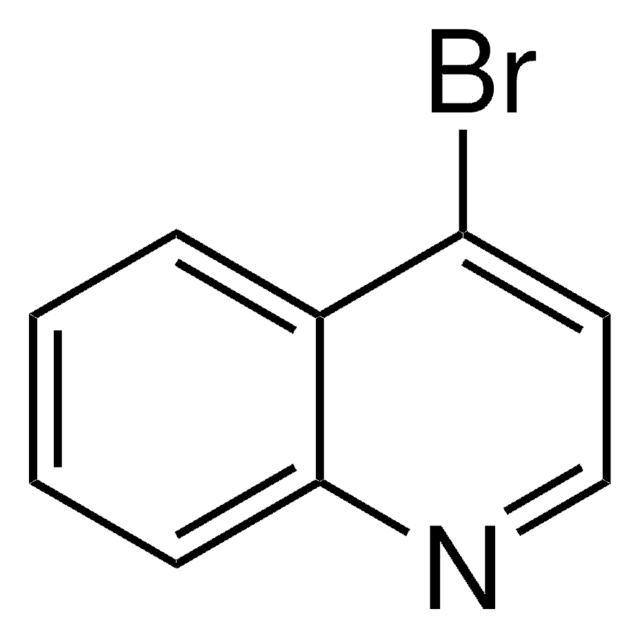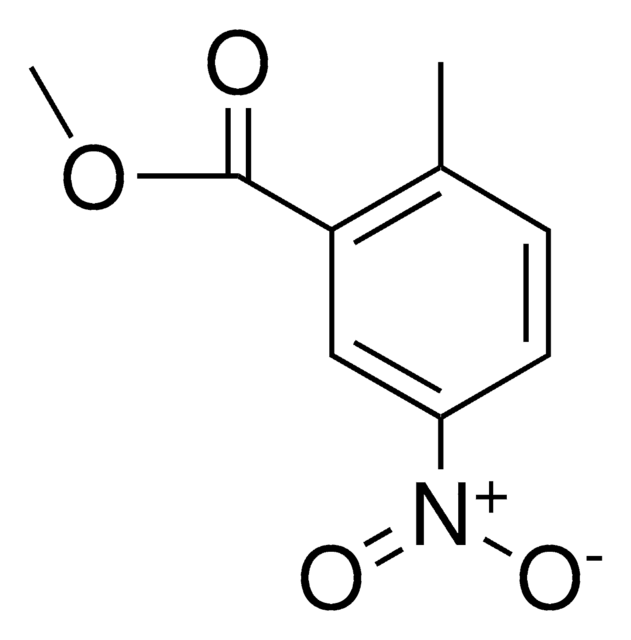All Photos(1)
About This Item
Empirical Formula (Hill Notation):
C9H6N2O2
CAS Number:
Molecular Weight:
174.16
EC Number:
MDL number:
UNSPSC Code:
12352100
PubChem Substance ID:
NACRES:
NA.22
Recommended Products
Quality Level
Assay
98%
form
powder
mp
151-153 °C (lit.)
SMILES string
[O-][N+](=O)c1ccc2ncccc2c1
InChI
1S/C9H6N2O2/c12-11(13)8-3-4-9-7(6-8)2-1-5-10-9/h1-6H
InChI key
SMHPLBXIVNQFBA-UHFFFAOYSA-N
Related Categories
Signal Word
Warning
Hazard Statements
Precautionary Statements
Hazard Classifications
Acute Tox. 4 Dermal - Acute Tox. 4 Inhalation - Acute Tox. 4 Oral - Carc. 2
Storage Class Code
11 - Combustible Solids
WGK
WGK 3
Flash Point(F)
Not applicable
Flash Point(C)
Not applicable
Personal Protective Equipment
dust mask type N95 (US), Eyeshields, Gloves
Choose from one of the most recent versions:
Already Own This Product?
Find documentation for the products that you have recently purchased in the Document Library.
Fanny Widjaja et al.
Journal of the American Society for Mass Spectrometry, 28(7), 1392-1405 (2017-05-01)
The gas-phase reactivity of two aromatic carbon-centered σ,σ-biradicals (meta-benzyne analogs) and a related monoradical towards small oligonucleotides of differing lengths was investigated in a Fourier-transform ion cyclotron resonance (FT-ICR) mass spectrometer coupled with laser-induced acoustic desorption (LIAD). The mono- and
Xiulong Shen et al.
Chemical research in toxicology, 32(3), 348-361 (2019-03-01)
Enzymatic one-electron reduction of heterocyclic N-oxides can lead to the intracellular generation of reactive oxygen species via several different chemical pathways. These reactions may be relevant to hypoxia-selective anticancer drugs, antimicrobial agents, and unwanted toxicity of heterocylic nitrogen compounds.
Our team of scientists has experience in all areas of research including Life Science, Material Science, Chemical Synthesis, Chromatography, Analytical and many others.
Contact Technical Service